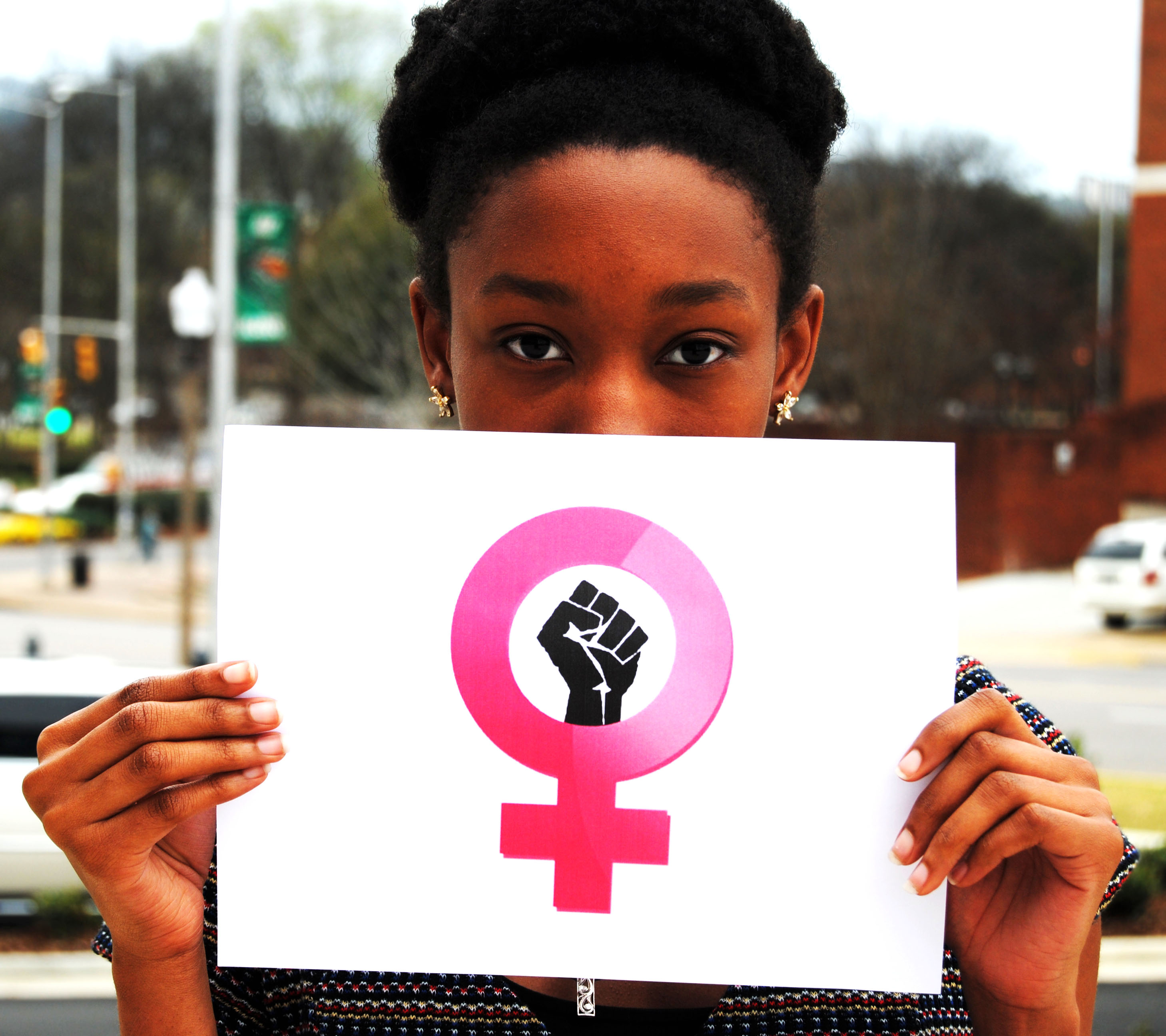
Women have unique leadership opportunities on UAB’s campus. (Photo by Lexy Davis)
Myah Clinton – Staff Writer
mkc16@uab.edu
In 2014, the Pew Research Center completed a study titled “Women and Leadership.” When asked what qualities are important in a leader, the participants chose honesty, intelligence, decisiveness and organization as the top four leadership traits.
Although most participants agreed that both women and men are capable of possessing these qualities, men still outnumber women in top leadership positions.
There are certain obstacles that women encounter that do not affect men. In the same study, the participants had to pick the reasons women were held back from obtaining a leadership position in business and politics. Women being held to higher standards than men and people not being ready to place women in top positions were the top two reasons.
Female student leaders at UAB say their gender has not presented any obstacles to their position and that female student leader representation is high on campus.
A few of the female student leaders on campus agree that diversity is one of the key factors that aids UAB’s strong representation of female student leaders.
“I haven’t really had any oppression or any struggles like that which is great because I think UAB’s campus is pretty diverse and equal,” said Faith Hickenbotham, co-president of the American Red Cross Club at UAB. “I think that they’re very well distributed among the campus.”
Elizabeth Earwood is the chair of the College Republicans, a Blount Hall resident assistant and co-captain of the Diamond Girls for the UAB baseball team.
“I think that’s one of the cool things about UAB; there is a lot of diversity and encouragement in that,” Earwood said. “We want people of all abilities or skills or qualities or demographics to be in leadership positions.”
“UAB is so good about including everyone and making sure that everyone is valued and that their achievements are valued and not really because they’re a woman or their skin color,” said Sarah Griffin, a senator for the College of Arts and Sciences in USGA. “I’m really grateful for a university that does that.”
Megha Jha did face difficulty when trying to get to her current position as president of the American Indian Student association, an organization that helps graduate students from India assimilate into American culture.
But according to Jha, it came from learning how the organization operates and the duties required of a leader.
“When I was just a member as a treasurer, I had only a handful of duties,” she said. “As a president I [not only have to] fulfill my job [but I have to] look and see if others are doing their job.”
According to Griffin and Earwood, when getting into a leadership position, it is important to contact the right people. Griffin stated that lack of experience is normally the reason a student might have trouble becoming a leader.
The leaders had several pieces of advice to offer female students.
Griffin, who is also a candidate for USGA president, points out that there are resources available at UAB that would help students who face obstacles to leadership. She advised students to “get people on your side and let them know what you went through and I think that getting the word out is probably the best way to get things like that changed.”
She also said “to not let that deter you ever from doing something. You know people do things for different reasons, and just because some people wanna put obstacles in front of you, doesn’t mean everyone will, so keep at it and keep trying.”
Hickenbotham is also the fundraising chair of the Habitat for Humanity Club and junior representative of Health Care Management Student Association. She said to “focus on the positive things” and know the Title IX rights.
“Definitely reporting it is a good thing. Looking to somebody who’s even above you seeking help about the situation, not being afraid to ask for help is definitely the key thing,” Hickenbotham said. “I know that it’s worse to sit and be quiet about it. It’s much better to tell somebody and try to figure out a good resolution,” she said.
Jha advised that education should be first priority and advises potential female student leaders to find the “root cause of [the problem]” and “see [what] you can do to rectify it.” She also suggests seeking help from other officers in the organization. Earwood agreed with the other three leaders’ stance to get help from the current leaders in the position, “especially females.”
Hickenbotham believes that being in leadership positions has taught her perseverance, the value of hard work and time management skills.
“More than anything, it’s reminded me that I’m living for something much bigger than myself,” Hickenbotham said. “The reason I feel obligated to function within these clubs is ultimately for its members–to serve others.”
Earwood feels she was quiet in high school and that being in leadership positions at college has given her “confidence in any type of social setting” and taught her “the importance of communication with people who are over me.”
